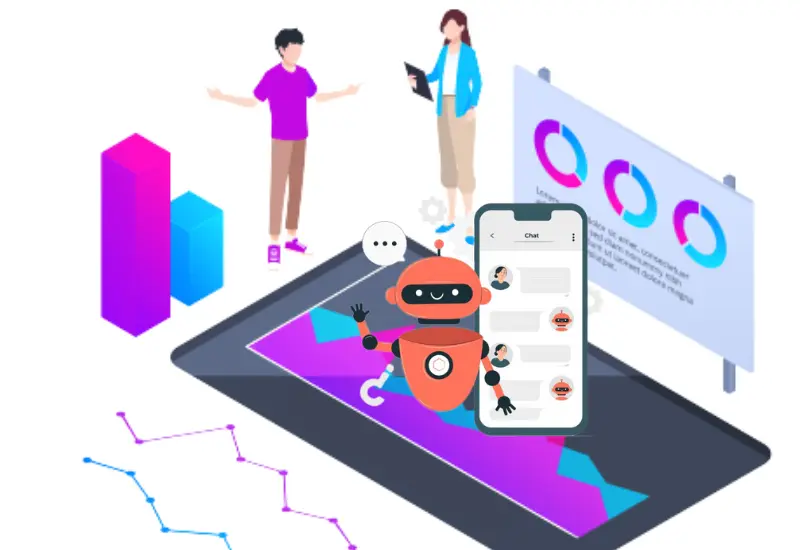With the advent of speech technology, the industry has witnessed various breakthrough changes in speech data and analysis. Organizations and enterprises around the globe now are employing speech and voice recognition systems in their premises to monitor and enhance a number of operations such as meetings, conferences, voice bots for sales and support, telephony and many more.
Dr Nagendra Goel, CEO and founder, of GoVivace Inc., was invited to talk in a panel discussion on “Accessible Data and Analysis: How Voice Assistants Serve the Enterprise” at Voice Summit 2019 and here are some thoughts.
Speech engineers and technologists aim to correctly optimize the voice recognition engines according to the situations in which the machines communicate so as to reduce error rates and improve efficiency. Every organization has its lingo. We as humans learn that lingo when we join the organization. Speech engines need to do the same. Only then do they become proficient for the purposes of that organization or task?

Today, personal voice assistants have advanced voice recognition skills that can be used to serve enterprises at different levels. Their Intelligence has the ability to act as additional resources for organizations by employing conversational technology to perform tasks that would otherwise be assigned to administrative assistants or other staff.
How Voice Assistants use data and analysis to serve the Call center
Call center agents could use virtual call assistants or chatbots to quickly access the information they need to serve their customers better and faster with minimal error rates. Voice assistants systems are gaining popularity in administrative use cases, such as scheduling meetings or seminars, setting up reminders and assisting with conference calls in enterprises.
However, case-by-case attention is needed to make sure that the applications are designed correctly and are maintained to address the issues that the users face. User acceptance and habitualization is an important factor in deploying such applications.
In our research, we found that the users take about one week to determine what functions they will use the voice assistants for and then 90% of the time they stick to the same functionality unless there are active interventions for adopting new functionalities.
AI-powered voice assistants are efficiently transforming the workflows in organizations with their advanced abilities to conduct natural voice-based interactions in a natural way while delivering greater efficiency at a given time. With the increase in market space for IoT, Machine Learning and Natural Language Processing the significance of voice assistants, or voice chatbots has grown drastically.
Advanced technologies such as Machine Learning(ML), Natural Language Processing(NLP), and emotion recognition have made the application of voice assistants possible at the organizational level.
To personalize voice assistants better for enterprises, the speech recognition application services are offering open architecture platforms, API integration solutions and tools, so that organizations can build their customized applications and serve as per their business requirements.
There is a growing number of entities that will provide customization and deployment services. In order to assess the ability to choose between different services one should probably consider the following options:
- Is the service going to be available across platforms – such as chatbots and voice bots on a website, telephone channel, speakerphones, etc?
- Will there be confidential information within single transactions or confidential information that can be gleaned from the traffic, which will necessitate private deployment?
- Will there be corporate lingo that needs to be handled at the ASR engine level and new NLP intents and objects that the system will need to learn?
Overall it makes sense to have a corporate voice technology strategy to maintain the brand image in the 21st century. However, depending on the privacy, customization and accessibility goals, implementations may differ from one organization to another based on data and analysis.

At GoVivace, our strategy has been simple. We provide customizable voice recognition solutions which can be deployed on-premise and we also provide cloud-based voice services that can be deployed across multiple platforms (like web and telephony etc.) according to the organization’s requirements.

